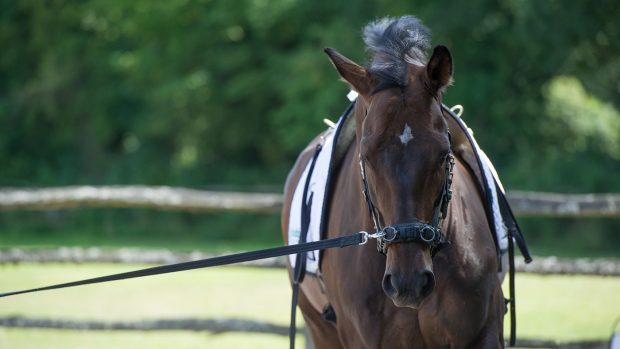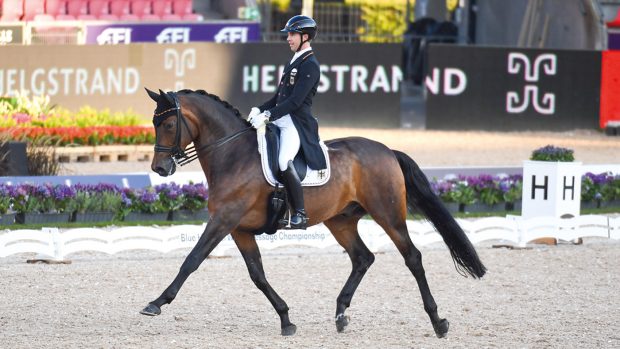The horse world is continuing to clamp down on riding styles and training techniques in order to promote a positive public view of the sport.
Last month the board of directors of the German Equestrian Federation decided to implement a new rule based around “good riding”.
The rule reads: “When it comes down to team nomination for championships, not only the potential for success will count, but also the strict following of the guidelines for riding, driving and vaulting.
“The federation disapproves of any training methods that go against the guidelines.
“This means explicitly any aggressive riding or training methods which entail a forceful handling of the horse.”
| Related articles |
Last year the Swiss Equestrian Federation banned draw reins in warm-ups and competition at national shows to try to improve the profile of showjumping.
They were previously allowed under Swiss showjumping rules during the warm-up prior to the first fence and in prize-givings.
However, from 1 January draw reins are no longer permitted at national shows, in an attempt to improve the profile of horse sport.
The Swiss Equestrian Federation said it wants to “engage continuously and proactively in the welfare of the horses and the reputation of equestrian sports”, adding that draw reins paint a negative image for non-riders.
A Swiss federation spokesman added: “Equestrianism is often the focus of public attention, but not always in a positive way. An image suggesting violence undermines the reputation of equestrian sports.”Germany is now looking at rules regarding draw reins following Switzerland’s announcement last week that the national federation was taking a stand and banning the training aids at shows at national level.
A spokesman for the German Equestrian Federation told H&H that the “use of draw reins at riding shows in Germany is under discussion”. Currently they are allowed in prize-givings and flat work before jumping.traint
At shows run under FEI rules draw reins would still be permitted in the warm-up. However, it is hoped by some riders, including trainer Christopher Bartle, that the rule change could have far-reaching consequences and lead to riders training differently.




